There are so many opportunities at Emory University if you want to pursue a career…
Sweat and Smiles- Takeaways from my Medical Service Trip to Honduras
“The best way to find yourself is to lose yourself in the service of others.”
-Mahatma Gandhi
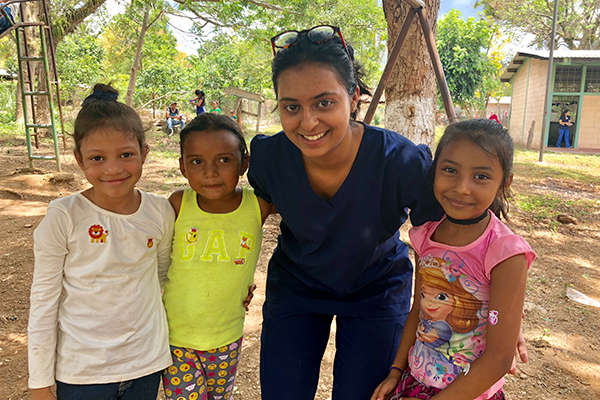
Over the past week, I was fortunate to participate in a life-changing medical service trip to the lush green hills of the culturally rich Republic of Honduras. The trip opened my eyes to the wide disparity in healthcare systems and medical access between countries around the world. Though Honduras is part of the same continent as the US, the differences in the quality of life are truly eye-opening. Dirt roads, hut houses and lack of sanitation and water systems are unfortunate realities for many. However, the locals never show hardship on their faces, instead, from the moment we landed in the airport, we were greeted by warm smiles and joy. Instead of laughing at our attempts to speak Spanish, locals enjoyed listening us try to use their native language.
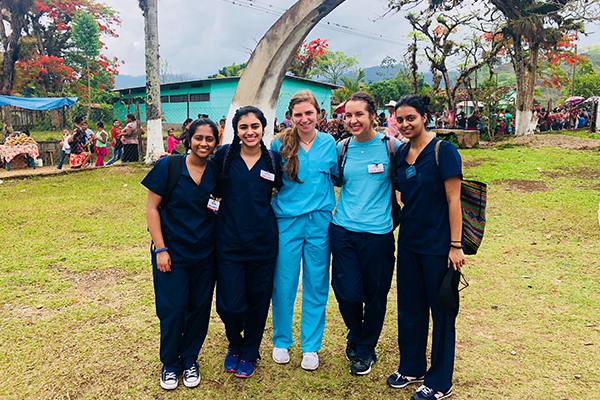
Early every morning, we would travel two hours across the serpentine mountain roads to a desolate school located in El Paraiso, a town near the country’s capital Tegucigalpa. As our bus entered the school grounds, we saw hundreds of families already lined up in the scorching heat to receive our medical care. We brigaders, accompanied by local doctors, would set up medical tents where families would receive free, personal medical attention. For many, this was the only medical care they had received in many years.
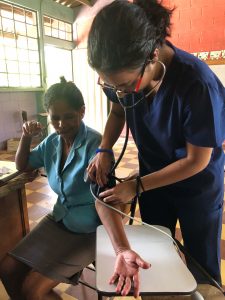 We also set up a makeshift pharmacy with medications brought from the US, a triage room where patients’ vitals were taken, and a consultation room where local doctors performed small, minimally invasive procedures and check-ups. Our group of brigaders checked blood pressure and heart rate of patients in the triage room. It was a humbling experience to have the locals put their trust in us and share with us their medical history and complications. Natives referred to us as “doctoro” or “doctora” which helped pre-medical students like myself envision assisting the needs of others in our future medical careers.
We also set up a makeshift pharmacy with medications brought from the US, a triage room where patients’ vitals were taken, and a consultation room where local doctors performed small, minimally invasive procedures and check-ups. Our group of brigaders checked blood pressure and heart rate of patients in the triage room. It was a humbling experience to have the locals put their trust in us and share with us their medical history and complications. Natives referred to us as “doctoro” or “doctora” which helped pre-medical students like myself envision assisting the needs of others in our future medical careers.
In the consultation room, translators helped our group of brigaders understand the conversations between the doctor and patients. Hondurans felt a sense of pride and joy when listening to our attempts to speak Spanish. Doctors treated each patient compassionately, spending enough time to hear every patient’s story, even when the patient would get emotional during the exchange. This experience caused me to realize that doctors need to be fluent in their medical knowledge, and also need to have the interpersonal skill of listening to others with compassion. From learning how to stitch a wound to learning how hypertension medication works, we gained so much medical experience and knowledge during our Honduran Medical Brigade.
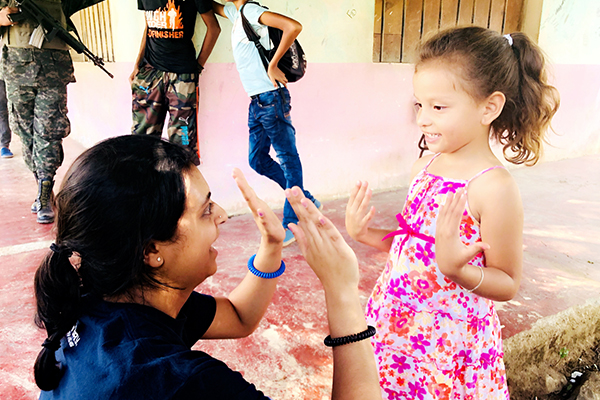
It is not if I will return to help the people of Honduras, rather it is when I will go back to empower those who need our help and who need our love.
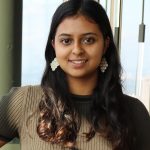 Amulya Marellapudi
Amulya Marellapudi
Valley Cottage, NY
Biology Major & Global Health Minor
Don’t hesitate to connect with us by posting a comment to this blog, tweeting us @emoryadmission, or emailing us at admission@emory.edu. We look forward to hearing from you!
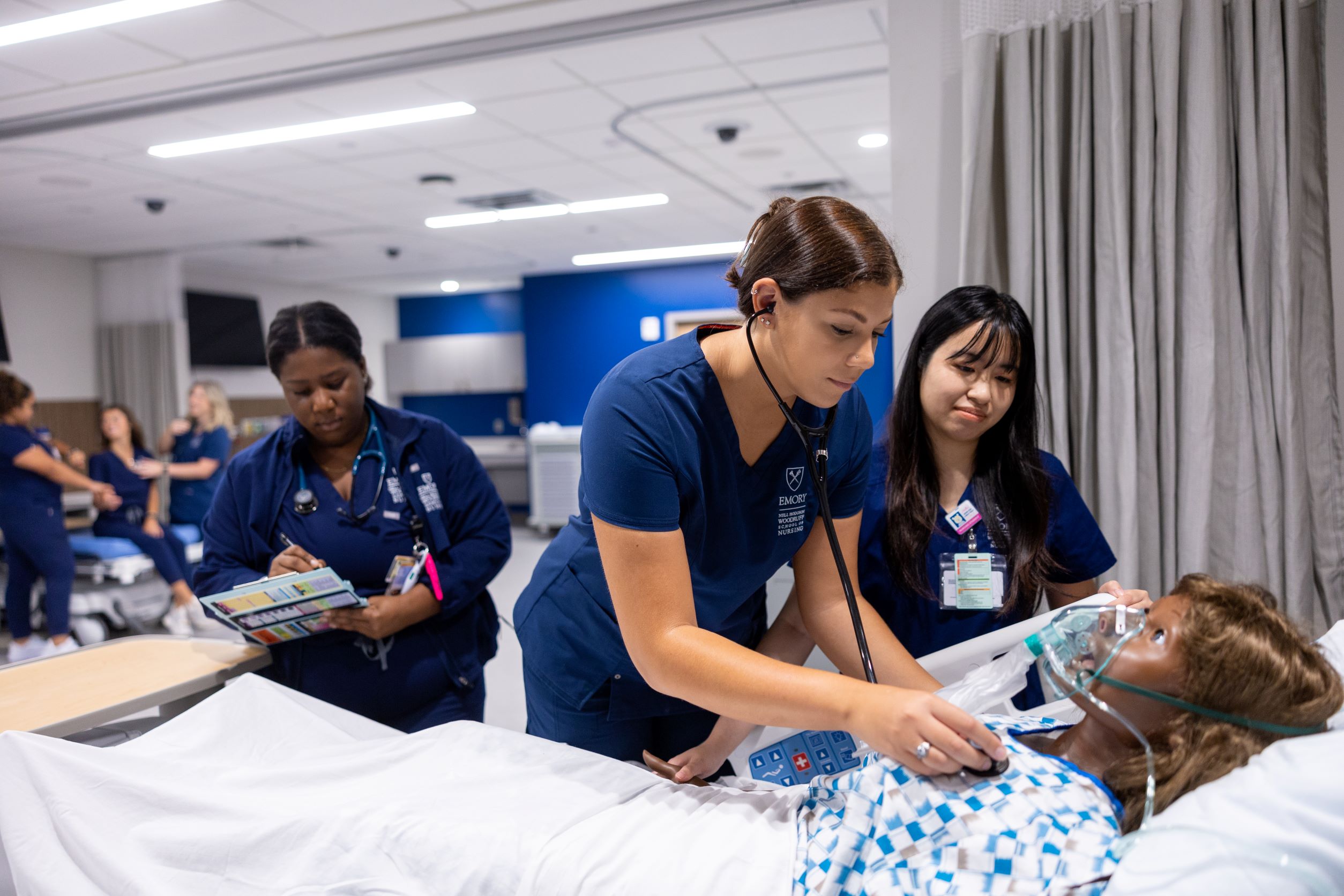
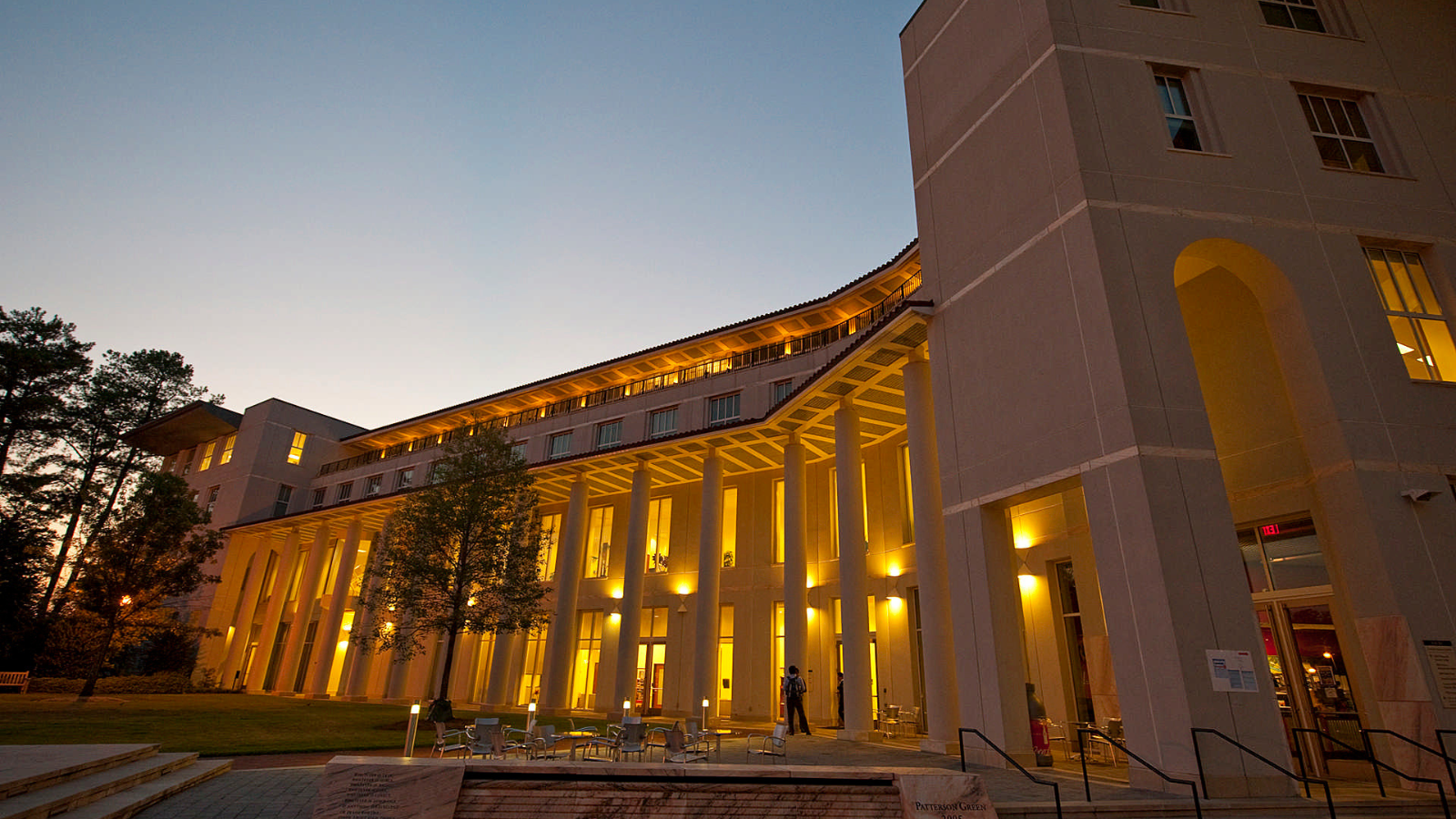
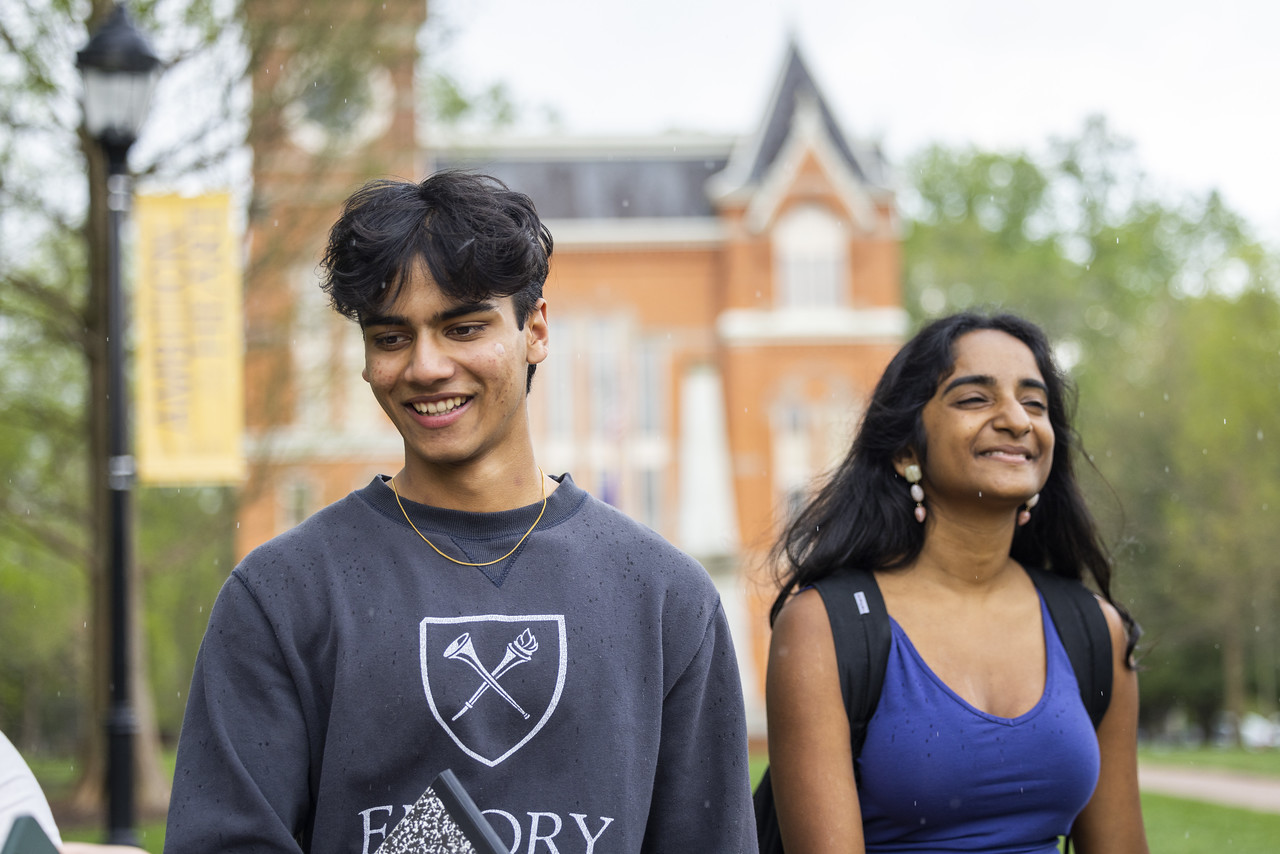
This Post Has 0 Comments